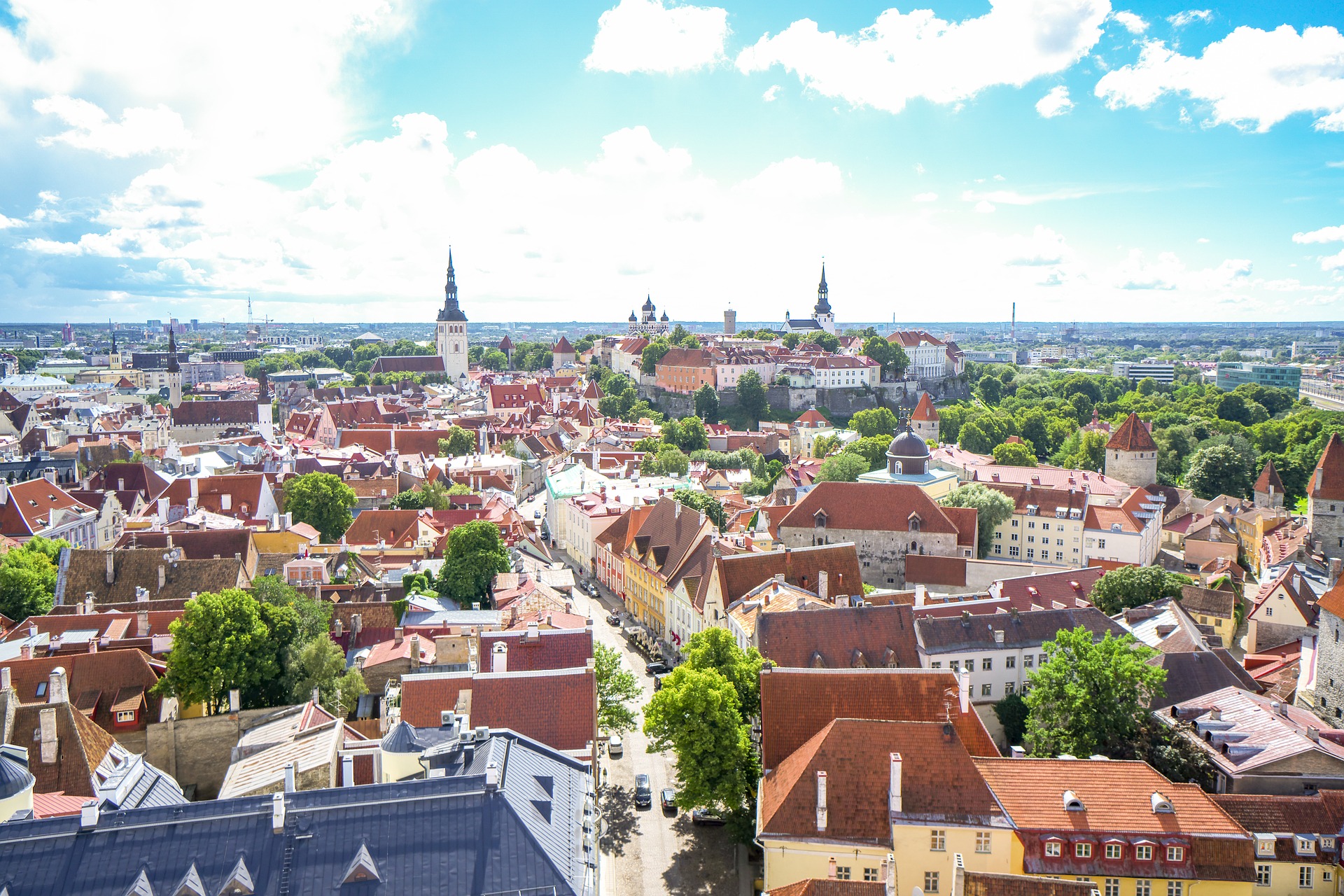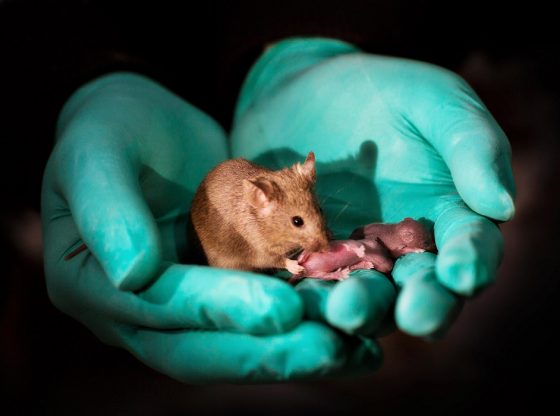
In a government effort, a large proportion of Estonian people will receive information if they carry genes that put them at risk of various diseases.
Almost one-tenth of Estonians will be granted to submit a blood sample and have their DNA analyzed.
Estonia will thereby become the first country in which the state, and not a commercial company, is behind a project where personal genetic health information is collected, in a program that aims to collect the DNA of 100,000 of its 1.3 million residents.
National biobanks containing genetic information are also available in Britain and Iceland. But those efforts are about collecting information for medical research.
In Estonia, however, the idea is to provide health information. To inform those who want to know if they have a genetically predisposed with an increased risk of for example cardiovascular disease or diabetes.
With each participant receiving a personalized genetic report, based on an analysis of hundreds of thousands of variants that have been linked to a disease.
The goal of the program is to offer citizens personalized health information that could potentially help them prevent or minimize illness in the future. It will make it easier for these people to adjust their lifestyle in such a way to mitigate the increased genetic risk variable, to possibly avoid becoming ill. With fewer people becoming ill, it would decrease the costs for the Estonian state.
The new initiative is a joint effort between Estonia’s Ministry of Social Affairs, the National Institute for Health Development, and the Estonian Genome Center of the University of Tartu. The Estonian government has committed 5 million euros to the initiative in 2018.
Estonia isn’t the only place hoping to integrate DNA sequencing into its healthcare system. Dubai recently announced similar plans to DNA test all of its 3 million residents.






















